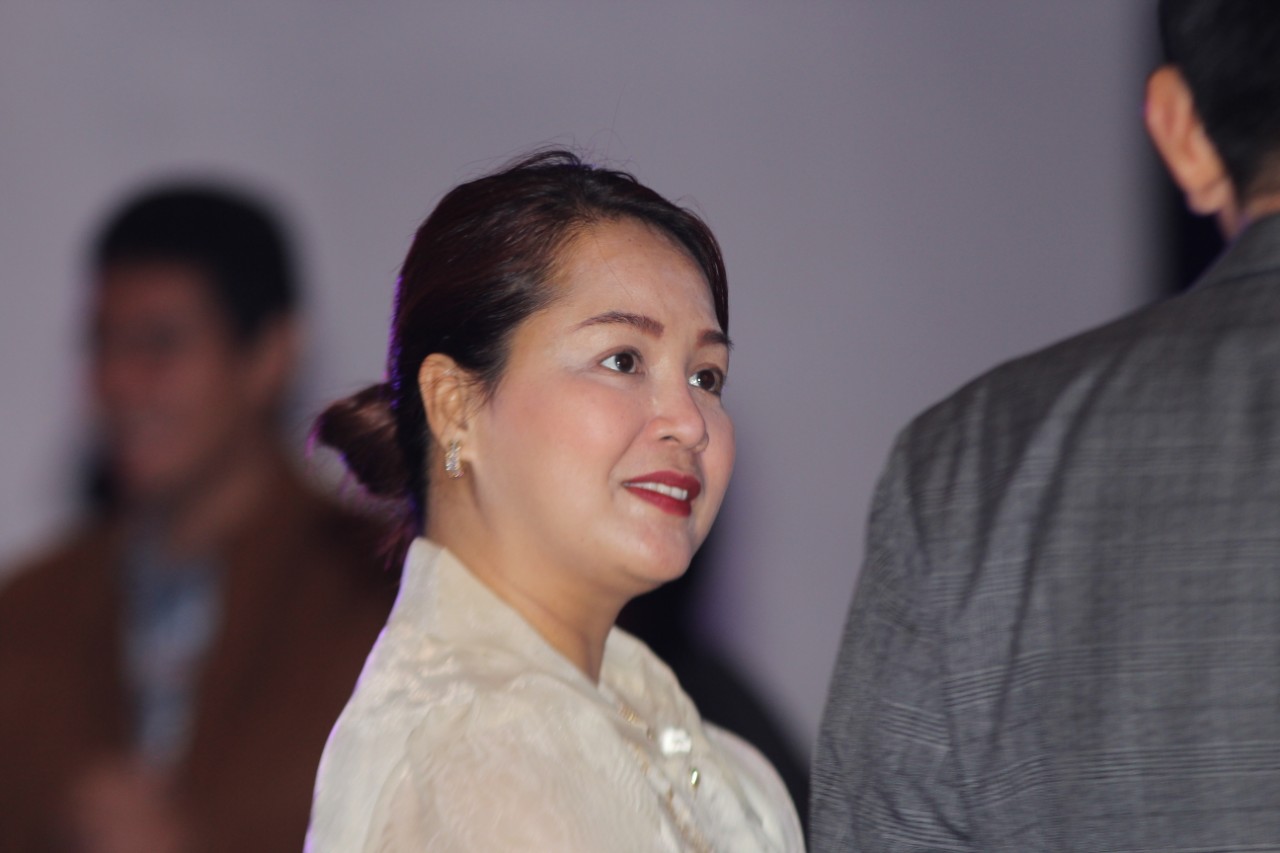
MANILA — Officials working for the eventual ratification of the Bangsamoro Organic Law (BOL) in a plebiscite next year underscored Sunday the role of Mindanao barangay officials in informing the public about the law and its lasting benefits for the country.
A three-day forum on the Bangsamoro Organic Law attended by the Liga ng mga Barangay sa Pilipinas in Mindanao is on its second day at the SMX Convention Center in Pasay City themed “Partners in Promoting Peace in Bangsamoro”.
Gerard Hilarion Ramiro, vice president of the Liga ng mga Barangay sa Mindanao and one of the keynote speakers during the event, said the law is one of the paramount legacies of President Rodrigo Duterte and will bring resolution to the long struggle of the region as he urged barangay leaders present during the event to support the BOL.
Ramiro, in pointing out the roles of barangay officials in Regions 9, 10, 11, and 12 in disseminating information about the law in time for the scheduled plebiscite next year, said these officials “are vital stakeholders and partners in peace building,” adding that the proposed law will have effects that will transcend to succeeding generations.
Interior and Local Government Assistant Secretary for Mindanao and Special Concerns Marjorie Jalosjos said BOL is a key measure that will curb violence in Mindanao.
“We have fought to the death…and we are tired of the bloodshed,” said Jalosjos adding that the national government is serious in its attempt to establish lasting peace in Mindanao.
“There will be plenty of challenges along the way,” she said as she urged barangay officials to work in organizing public awareness initiatives.
Deputy Presidential Peace Adviser Undersecretary Nabil A . Tan said action from Mindanao barangay officials is crucial in “forming an informed constituency for a balanced understanding of what this law is about” and inform the public that it the law “embodies the aspirations of the Bangsamoro”.
Mohagher Iqbal, chair of the Moro Islamic Liberation Front (MILF) panel overseeing the implementation of the peace pact with the government, said the BOL will help in the development of the region and will provide much needed job opportunities, education for the children and infrastructure for the public.
“The journey has not been easy and we have lost a number of brave mujaheedin (jihad fighters),” Iqbal said, describing the long history of conflict in Mindanao.
He, however, pointed out that after 17 years of peace talks, the passage of the BOL by President Duterte has managed to control the escalation of conflict and will promote peace justice and development.
Iqbal said the BOL, in correcting historical injustices, will not create new grievances, adding that the law goes “beyond petty politics that serves interests of individuals and groups. It is about peace.”
Under the phases for the BOL’s implementation, a plebiscite for the law where qualified voters within the Bangsamoro territorial jurisdiction shall ratify the BOL and decide whether they will join or not would determine the geographical scope of the Bangsamoro.
The Autonomous Region of Muslim Mindanao (ARMM) is deemed abolished once the BOL is ratified.
Elected incumbent officials of ARMM, until June 30, 2019 and the Bangsamoro Transition Commission shall act as caretakers of the administration of the Bangsamoro Autonomous Region until the Bangsamoro Transition Authority (BTA) is constituted.
The BTA shall be composed of 80 members who shall be appointed by the President and will work for election for a Bangsamoro government by 2022.
An exit document officially terminating the peace negotiation may be crafted and signed by both parties if and only when all agreements have been fully implemented.
Under the roadmap toward the establishment of the Bangsamoro, a normalization process will be implemented by both the GPH and MILF. The four-phase normalization process starts with the ceremonial turnover of weapons and firearms.